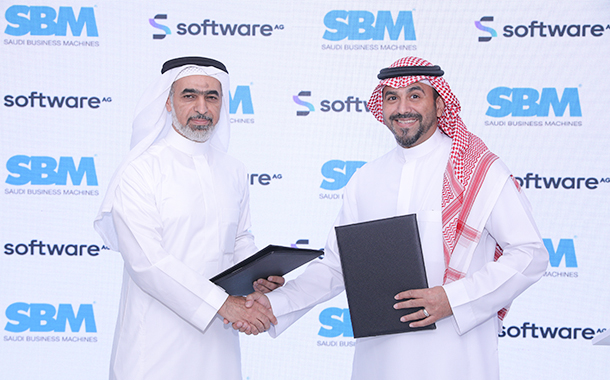The year 2020 showed that organisations which had invested in digital transformation were the ones that were resilient enough to pivot and survive.
Integration and APIs are two sides of the same coin, and digital transformation cannot happen without them. Without them, all you have is a collection of systems and silos of data.
Therefore, integration and APIs have suddenly become the most important elements in digital strategy plans for 2021. Here are predictions for integration in 2021:
“Integration and APIs are two sides of the same coin, and digital transformation cannot happen without them.”
According to Gartner, by 2023, over 50% of medium to large enterprises will have adopted an LCAP, low-code application platform, as one of their strategic application platforms. Instead of high-end developers writing applications from scratch, less technical users will be composing them. Citizen developers will have model-driven solutions for orchestrating app integrations and composing applications.
B2B, an unseen but critical part of business, was reborn in the cloud in 2020. New ecosystems and marketplaces using technologies like APIs brought new life to traditional partner interactions. Now managed file transfer, MFT, is ready for its own transformation. The ugly truth is that on-premises file transfers are still part of critical business transactions for many. But MFT is ready to move to the cloud with B2B as businesses rethink the way they communicate and share data.
“Now managed file transfer is ready for its own transformation”
Data integration and application integration will come together with analytics more closely tied to integration. Traditionally data integration which is integration for the purpose of driving analytics has been kept separate from application integration since the former is more batch oriented while the latter is real time. A modern integration strategy brings both needs together within a cloud data hub, an iPaaS that serves as the point of collection and distribution of data for analysis and reporting within cloud data warehouses and data lakes.
This turns data into business value faster. The proliferation of SaaS applications in the cloud has made it more difficult to create a coherent view of distributed customer data, but the Open Data Initiative, ODI, will step up with a common standard.
With the rise of microservices, IT leaders are looking at service mesh technology to manage network-level communication. And with dozens of services mesh on the market, a new standard has emerged as a vendor-agnostic interface; the Service Mesh Interface, SMI.
“While the balance of enterprise systems tips further into the cloud, hybrid remains the optimal operating model.”
At the same time, businesses are implementing multiple API gateways for different use cases, and there is a need for a single API control plane to serve as the master for all gateways. API management will take on APIs, microservices, and service meshes, providing a single platform for full control of all the elements of cloud-native applications.
While the balance of enterprise systems tips further into the cloud, hybrid remains the optimal operating model in the future. Instead of losing momentum, the hybrid integration house getting larger. It needs to accommodate:
- More types of users, ranging from highly technical to business oriented
- More domains, extending from application integration to B2B integration, event-based integration, and of course API and data integration
- More endpoints, with mobile and IoT increasing at a dramatic rate
- More deployment models, including multi-cloud integration and embedded as well as the more traditional on-premises or cloud hybrid
These hybrid integrations will be able to be developed anywhere and deployed anywhere.
Anne Marie Bond of Software AG writes about integration and API management predictions for this year.




















